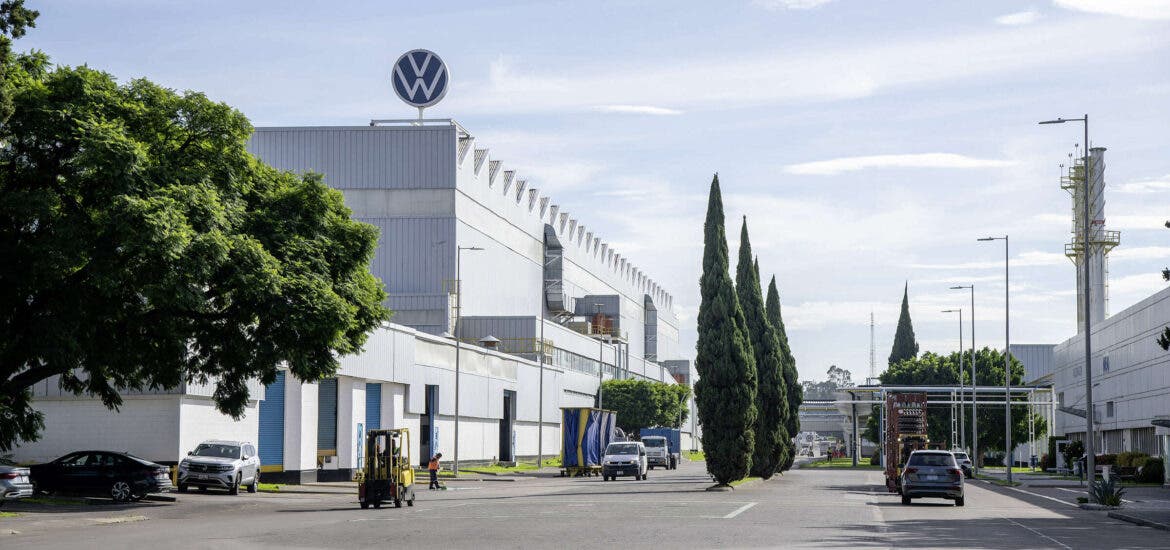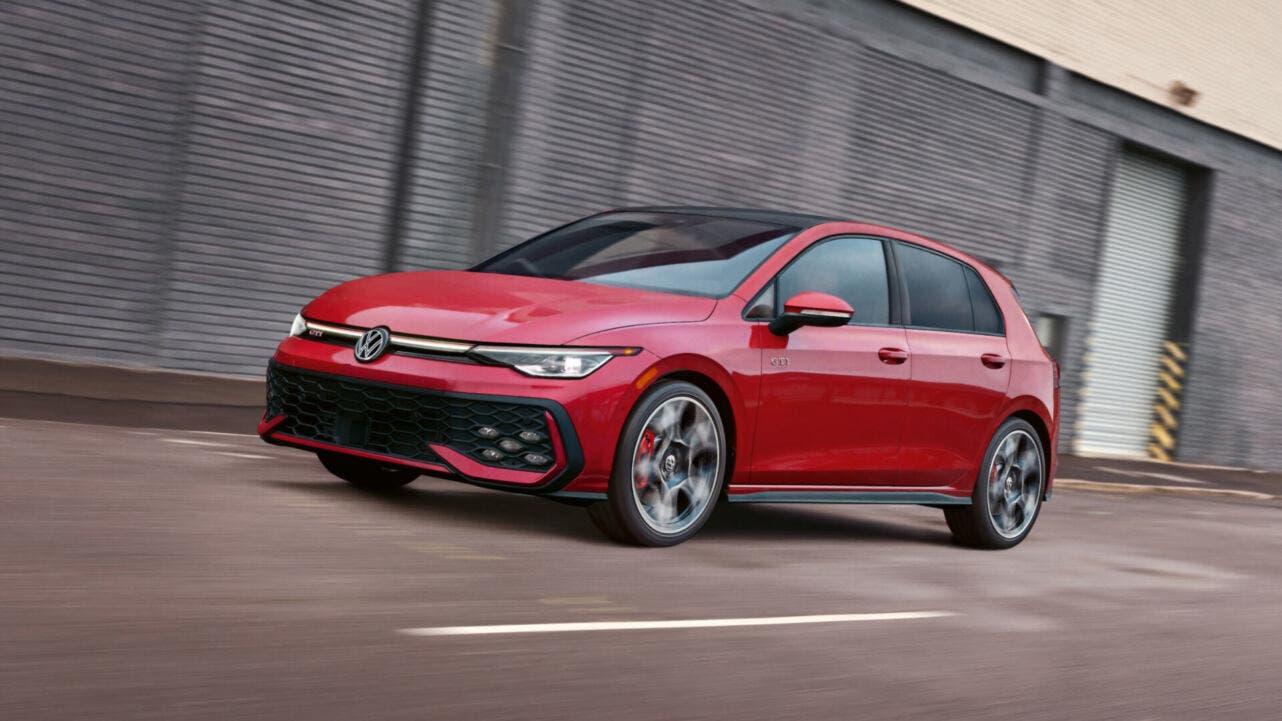The year 2025 has been far from kind to the auto industry and car buyers, largely due to the impact of dynamic import tariffs. Volkswagen is now passing those costs on, confirming price hikes of up to nearly 7% for certain 2026 models, including the subcompact Taos SUV. To make matters worse, the automaker has also raised destination charges by $50, meaning thousands of dollars more out of pocket when buyers finalize their purchase.
According to Automotive News, the price increases are tied directly to the 15% tariff on German imports imposed by the Trump administration. Not every model will be hit equally hard since some US-market Volkswagens are built in Mexico or American plants. Still, even locally assembled vehicles will feel the impact because of imported parts like engines and transmissions.

Meanwhile, Audi, Volkswagen’s luxury sibling brand, will also raise prices, by an average of 3.7%, with certain MY 2026 vehicles climbing as much as $4,700 compared to 2025. Looking at the details, the 2026 Jetta will now start at $25,270, up $1,050 from the previous model year. The Taos FWD will begin at $27,975, a $1,055 increase. The Atlas SE FWD will carry a sticker price of $40,785, while the Atlas Cross Sport FWD will start at $39,775, both reflecting around a 3% bump despite being assembled in Tennessee.
German imports are taking the hardest hit. The 2026 Golf GTI will begin at $35,865, marking a 6.5% jump, while the Golf R rises to $50,730, up nearly 5%. Pricing for the new Tiguan hasn’t been disclosed yet, but given its Mexican production, analysts expect noticeable increases as well.

On top of MSRP hikes, shipping fees are also climbing. Buyers will now pay $1,275 in destination charges for Jetta and Golf, while Taos, Atlas, and Atlas Cross Sport carry a steeper $1,475 fee. The takeaway is clear: anyone shopping for a new Volkswagen in 2026 will face significantly higher costs than just a year ago.
